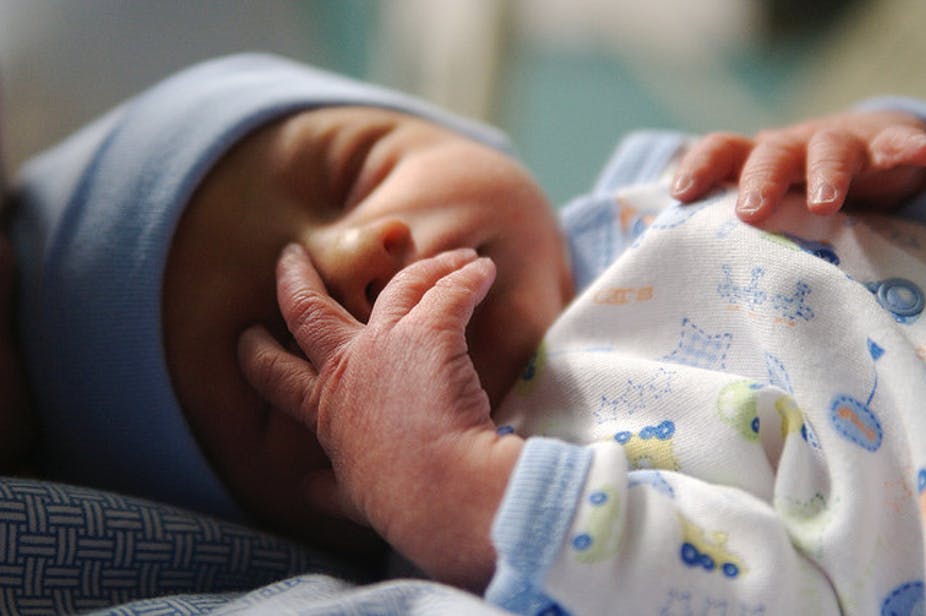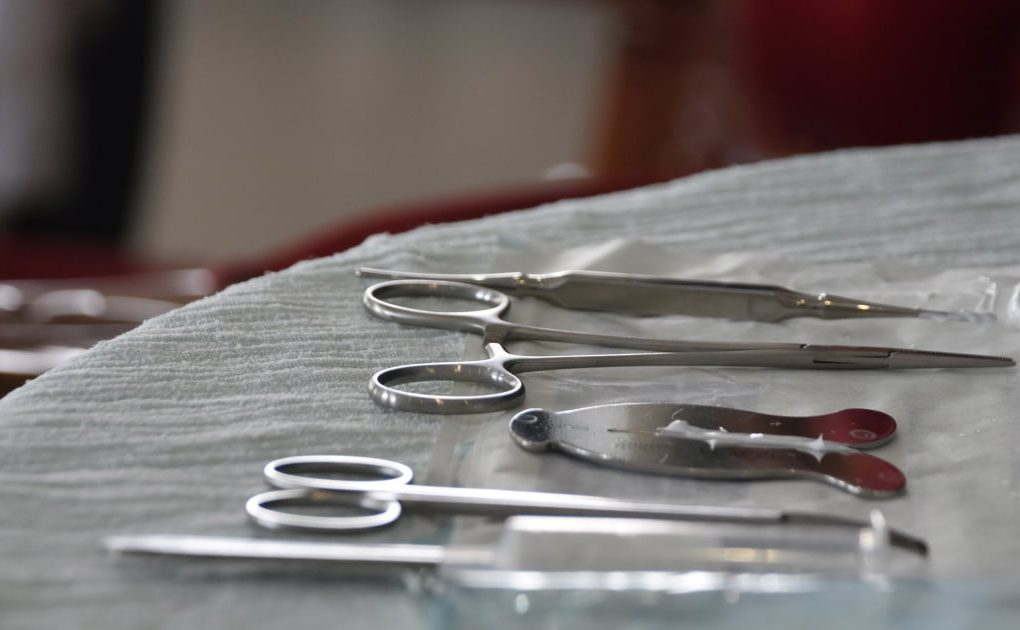Wondering how much to contemplate from the debate over Circumcision and male sex choice? Pregnancy and childbirth are a period full of uncertainty for both mom and infant. Here, medical specialists chime in with their opinion on how to make the decision for the family to undergo this process.

Baby Circumcision – Risks, Benefits, And Concerns
What’s newborn circumcision done? Circumcision is performed by specialists with sterile equipment and a scalpel on the toddler’s glans. It is not performed on infants who haven’t yet been weaned or that have not started to show any sign of vaginal lubrication. When do teens get circumcised? Approximately six weeks following the arrival of the infant, many doctors perform newborn circumcision to avoid infection and inflammation in the baby’s scrotum.
Baby Circumcision – Risks, Benefits, And Concerns
Why are newborn circumcisions done? Experts think that among the risks of infant circumcision is that the possibility of their kid acquiring infections and ailments at an early age. These problems include penile disease, lameness or swelling in the tip of the penis and even HIV or AIDS. Some experts believe it is the very best time to do newborn Circumcision Brisbane once the infant shows no symptoms of having trouble walking or of having trouble breathing.
Baby Circumcision – Risks, Benefits, And Concerns
Who should perform infant circumcision? The best time to do it is when the infant is still able to offer informed consent. This is usually deemed to be between four to six weeks old. If the parents believe that there are too many risks or there is not enough scientific proof that the baby is indeed and healthy, they can always opt to have it done afterwards. The process can then be scheduled for a later date.
Why is infant circumcision done for medical reasons? Experts think that one of the advantages of baby circumcision is that the avoidance of genital warts. Genital warts look in locations where friction with the manhood often occurs like the vagina or anus. It is believed that such actions results in the spread of this virus which causes genital warts. Thus, by preventing foreskin contact, baby circumcision lowers the odds of babies contracting genital warts.
What are the pros and cons of having your son circumcised? Experts have pointed out some specialists of baby circumcision. First, this process has minimal risks compared to other sorts of cutting the penis. There’s only need for local or simple cutting to remove the foreskin. Unlike in case of extreme instances wherein the whole shaft of the penis needs to be removed, infant circumcision only requires removal of a small area of the organ. This makes it less painful for your infant.
Another pro of this procedure is that the operation is a lot quicker than celebrating conventional procedures. Circumcision can be done within a trip to the physician. Additionally, there are possible benefits once the doctor does the circumspection with no anesthesia and with no scalpel.
How should a parent determine whether their kid should experience a circumcision or not? If a doctor explains the process to the parents, then they will know how simple it really is. If parents aren’t sure about getting their sons circumcised, they can always choose to visit a physician who does this process regularly.
However, there are particular risks involved with this procedure. Some doctors don’t use any anesthesia and the dangers of infections are quite high. Normally, infections happen three to five days after the procedure. If the infant contracts an infection, it could lead to serious complications. Luckily, the majority of these dangers are not life-threatening; hence, good attention and care from physicians are highly recommended.
From time to time, genital infections are connected with the arrival of a baby who has been infected with urinary tract infections. Baby boys are somewhat more inclined to get this condition if they have gone through premature delivery and whether the mother had her first child by c-section. To prevent this from happening, it’s recommended that mothers who want to have another baby wait till they give birth. Not doing so might lead to the infant contracting a dangerous infection.
The procedure is generally secure. Nevertheless, it can not be completely avoided. Parents will need to take some time to consider the pros and cons of having the procedure done until they go through with it. They must also ensure their baby is receiving the best possible medical attention, such as tracking their health closely by having him or her regularly checked by his or her primary care provider.


